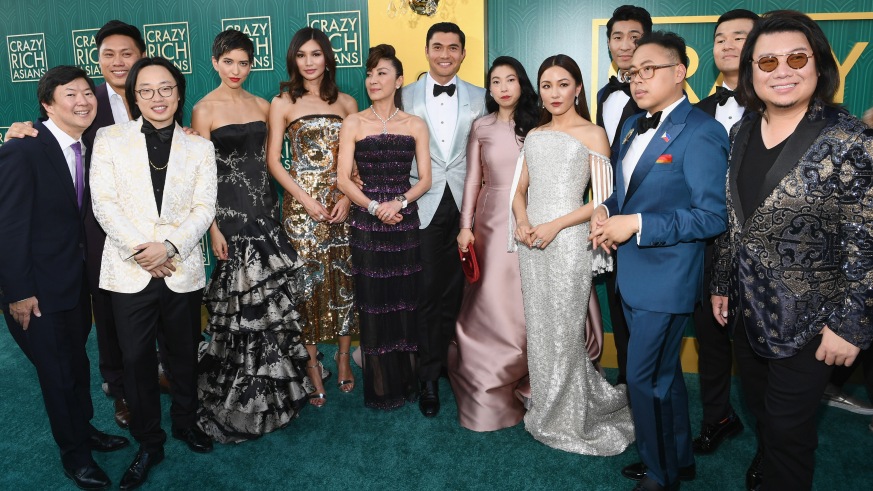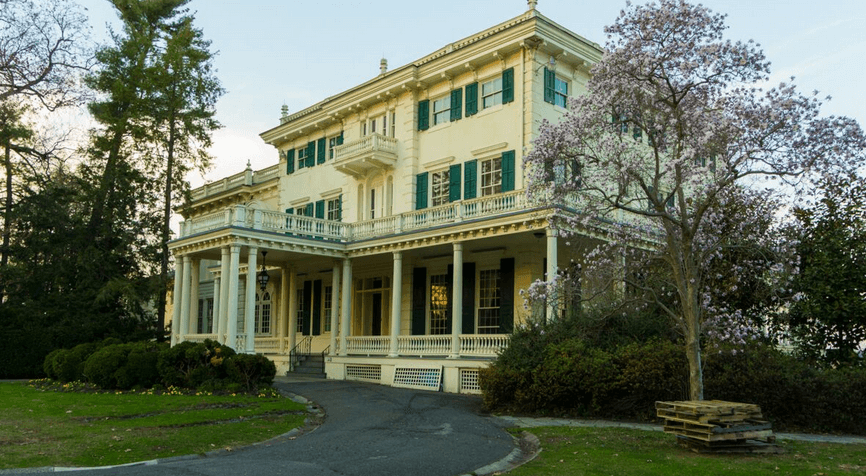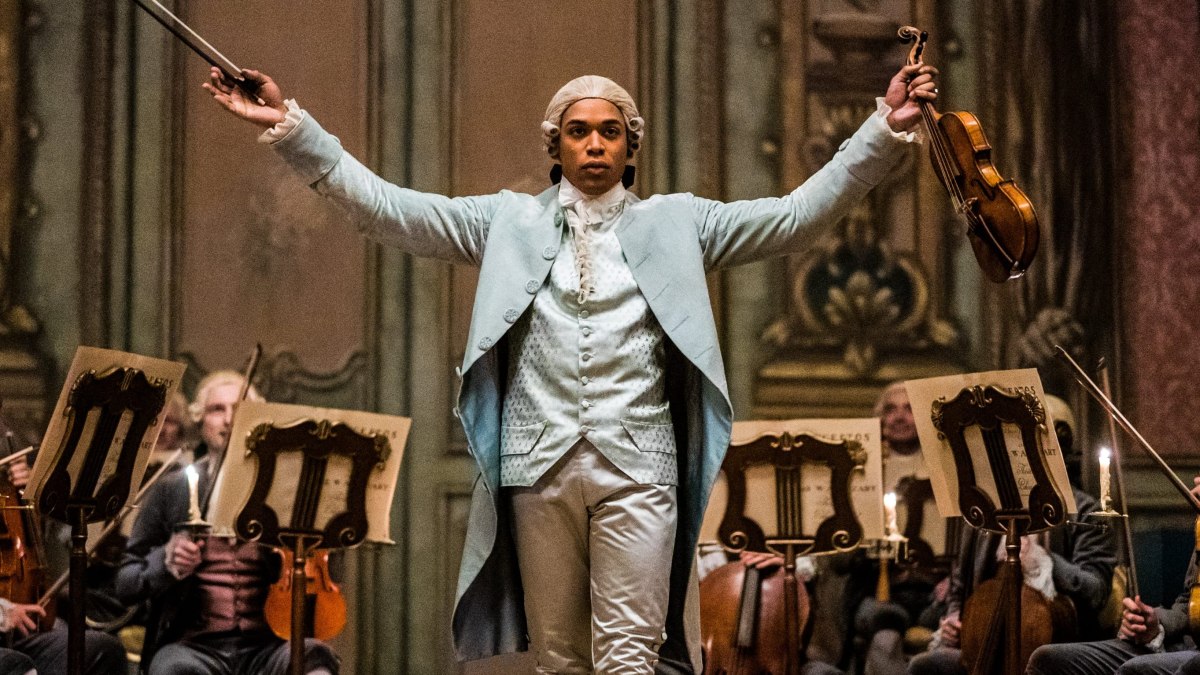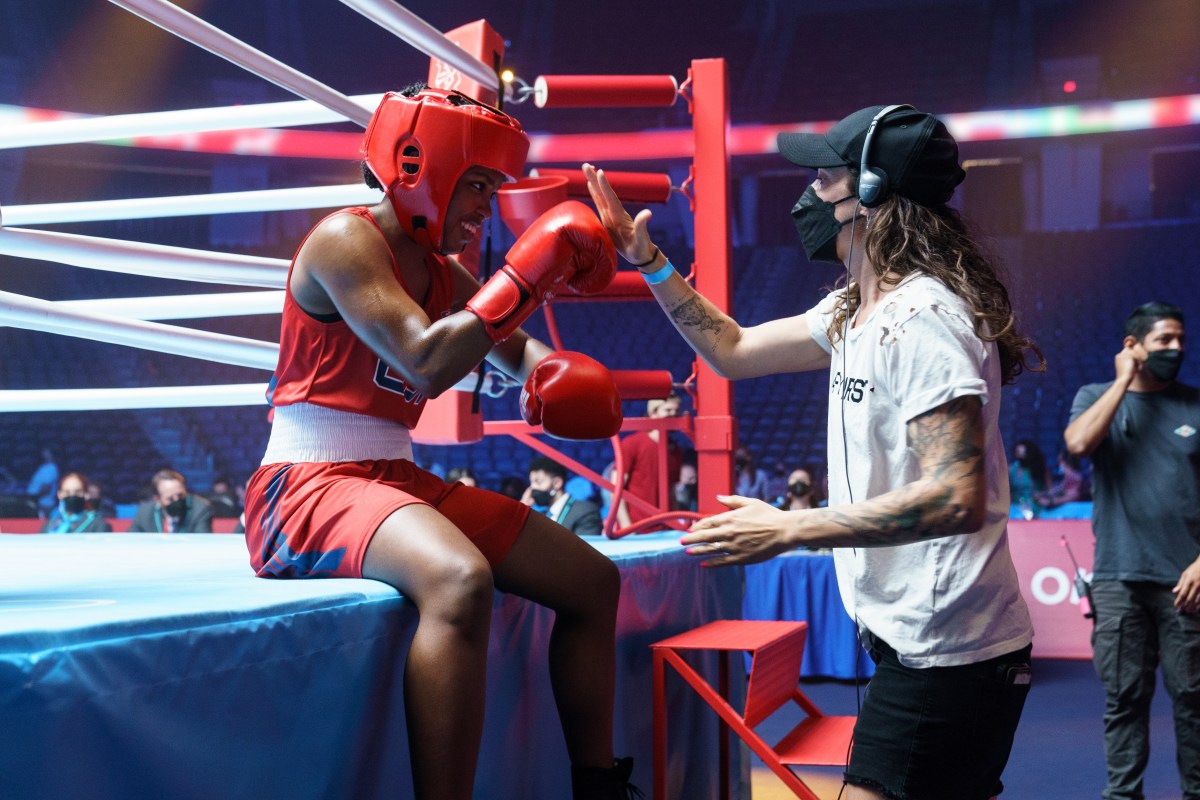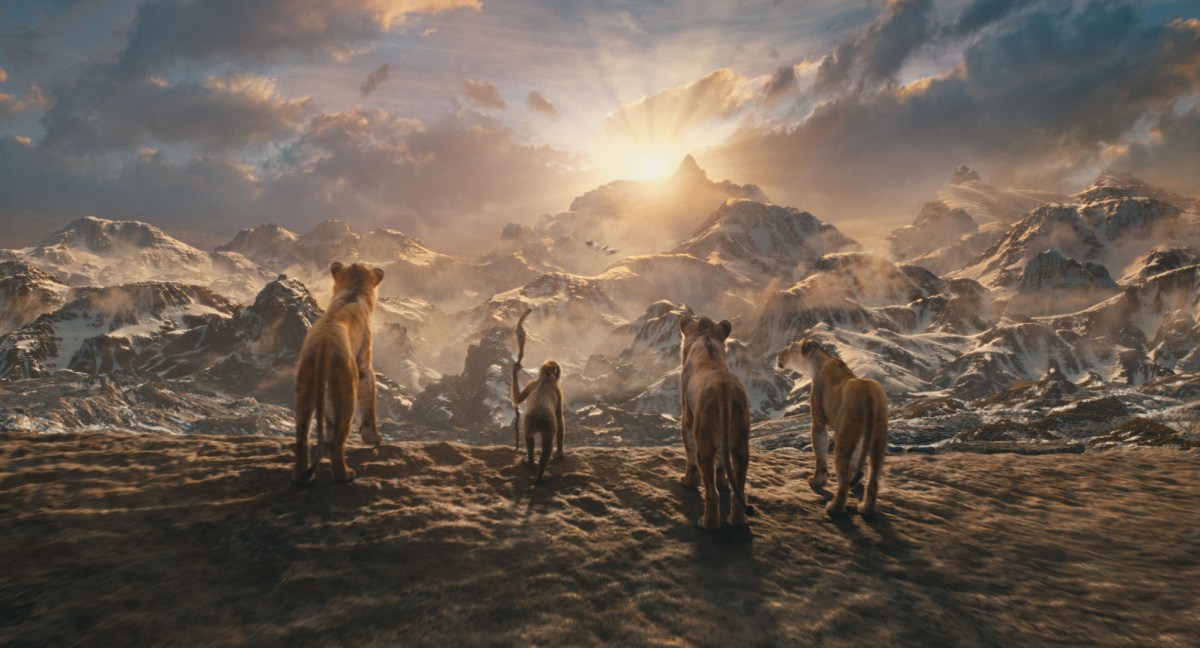Crazy Rich Asians has received a lot of buzz leading up to its big screen debut on Aug. 15, and for good reason.
Based on the novel of the same name by Kevin Kwan, the romantic comedy-drama has been hailed as the first Hollywood studio film to feature Asian Americans in leading roles since 1993’s The Joy Luck Club. Fans and critics alike seem to be falling in love with the flick, as it currently holds a 96 percent Rotten Tomatoes score and is projected to have a solid box office haul for its opening weekend.
The expectations are high for Crazy Rich Asians to succeed, especially from Asian communities, a segment of the population that’s been chronically underrepresented in American cinema. Some writers have even gone so far as to call the arrival of Crazy Rich Asians another Black Panther moment for Hollywood. However, if you ask Kwan or stars Gemma Chan and Jimmy O. Yang, the films are far from carbon copies of each other, so comparing them gets complicated.
Kevin Kwan, Gemma Chan and Jimmy O. Yang talk Crazy Rich Asians
“I try and resist the direct comparisons,” says Chan, who’s set to join the Marvel universe in next year’s Captain Marvel. “Our film is its own film. I don’t want to take anything away from Black Panther [though], I absolutely loved it.”
Rather than focusing on superheroics, Crazy Rich Asians tells the story of Rachel Chu (Constance Wu), a Chinese American and New York University economics professor who finds out her handsome, mild-mannered boyfriend Nick Young (Henry Golding) is actually part of an ultra-wealthy family—think the Rockefellers meet the Royals—while traveling to Singapore for his best friend’s wedding. Rachel ends up butting heads with Nick’s controlling mother Eleanor (Michelle Yeoh) and getting into all kinds of antics with their friends and family, played by an all-star cast of Asian actors, including Ken Jeong, Awkwafina, Ronny Chieng and more.
Despite its title, Crazy Rich Asians was actually made for a modest budget of $30 million, which is far less than the $200+ million Disney and Marvel spent to make Black Panther. While the films differ in scope and narrative, both projects have been able to energize communities of color.

“You can see the palpable excitement from all these various communities within the great Asian diaspora,” Kwan says. “It’s great to feel that.”
“I have been really touched by how much support we’ve had already from the Asian American community,” adds Chan. “There was a screening a few nights ago in New York where all the Asians in fashion turned up. We had Radhika Jones, the editor of Vanity Fair, we had Michelle Lee, the editor of Allure, Prabal Gurung, Jason Wu, it’s like the Asian fashion mafia. They all turned up. They showed up to support the film. I was really so moved. It just goes to show how few opportunities there have been up until now.”
The Crazy Rich Asians stars are quick to note that this isn’t a film just for Asians, though, as it contains universal themes that everyone can relate to.
“It’s not just for an Asian audience, it is for everyone, really,” says Chan. “Anyone who’s ever struggled with family, love, relationships, any of that, it should appeal to them and resonate with them.”
“My good friend Cornelia Guest, who is probably the quintessential American princess, like debutant of the decade, she called me up after the screening just overjoyed,” adds Kwan. “‘Kevin, this movie was just everything.’ To see that reaction come from someone like her, who comes from this completely different background, even she could relate to this.”
According to Yang, another key to Crazy Rich Asians’ success among audiences of all backgrounds is the fact that it tells a story that’s grounded in authenticity.
“It’s a culturally important movie, of course, but also I think it’s a very authentic story,” says Yang. “It’s a great story, regardless, but just the fact that it also happens to be diverse is extremely important. But of course, it has to come from a great literary standpoint first to be a good story.”
“I think all the great stories come from truth and authenticity,” he adds. “That’s why this one is so good.”
The film, of course, portrays only one story from the Asian experience, and there are many more to tell. Yang, who emigrated to the U.S. as a teen, knows that his story is much different from that of first or second generation Asian Americans, or even British Asians like Chan. He hopes that Crazy Rich Asians can open the floodgates in Hollywood for more projects featuring Asian stories and characters.

“I think it opens the door for more Asian stories, authentic stories, to be told,” says Yang. “It’s one of many stories that could be told and it just gives, hopefully ourselves and Hollywood, the confidence to make these stories happen after this one.”
Although the United States continues to grapple with racism, bigotry and other issues in our increasingly divisive times, Chan and Kwan believe the film is coming out at exactly the right moment and has the ability to break down barriers.
“I think it’s absolutely the right time, and I think it’s actually really overdue,” says Kwan. “I think a lot of the consequence of what’s happened in this country and around the world is because there aren’t enough movies or books or things that really showcase the diversity of who we are.”
“I agree with Kevin that I feel that it, in many ways, is overdue,” adds Chan. “When the stories you tell, the stories we put out there about ourselves, when they are diverse, it helps us gain a better understanding of each other.”
Crazy Rich Asians opens Aug. 15.

